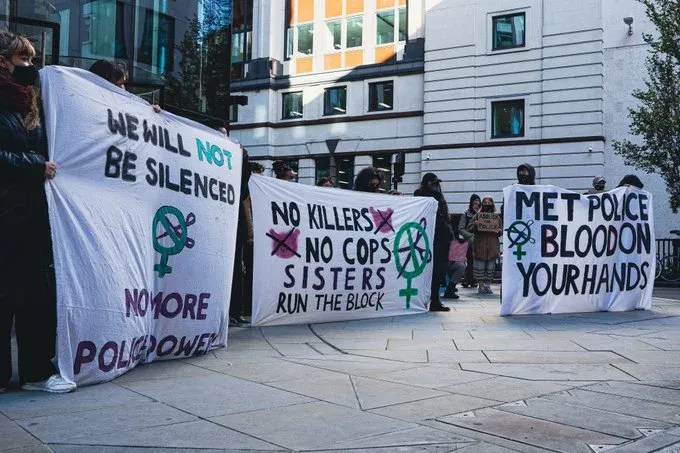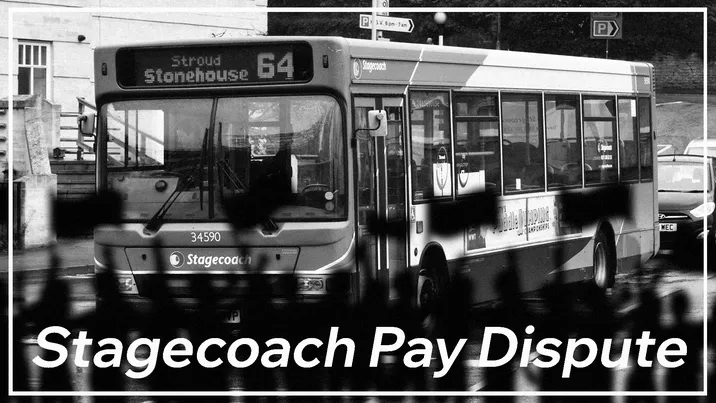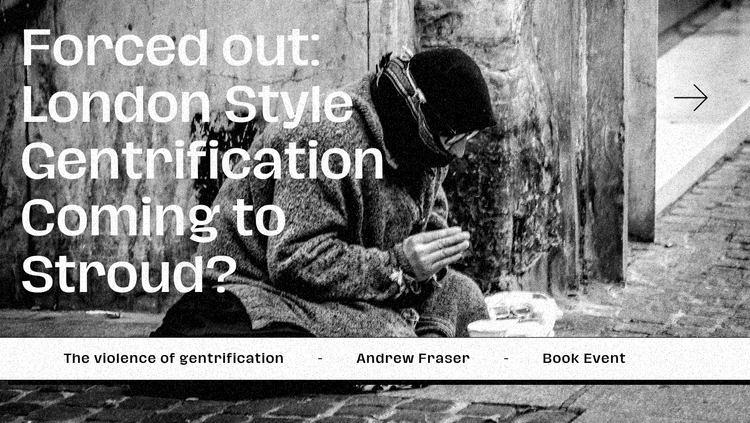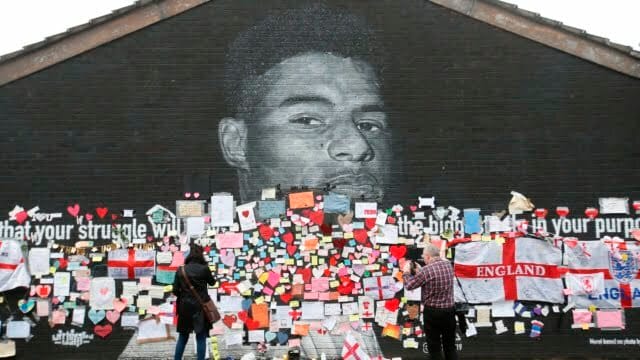We can’t have safer streets with an unsafe police

By Ben Norris
After the full details of Sarah Everard’s murder were made available to the public following the sentencing of her killer, gendered violence enacted by the police has been placed under the spotlight.
This is not a new phenomenon and, given the significant body of evidence that points to the contrary, to view this as a one-off incident would require you to be completely removed from the experiences of women and minoritized communities across the UK.
To provide one example, Sisters Uncut, who campaign for better domestic and sexual violence services, report that between April 2015 and April 2018 there were more than 700 reports of domestic abuse where police officers were perpetrators.
Police violence, particularly against women, is a systemic, not isolated, problem, and it demands all the attention it has received in the media over recent weeks, if not more.
Locally, on Monday October 4th, a police officer who had been working in the Stroud local policing team was found guilty of common assault by beating.
The incident was not related to domestic abuse, but it hardly stands as a shining example of the behaviour of the local constabulary.
There are no easy solutions, but they absolutely do not include victim-blaming, as the commissioner for North Yorkshire Philip Allott attempted to do in an interview touching on Sarah Everard’s killing last weekend.
Allott said that women needed to be streetwise “about when they can be and when they can’t be arrested”; a better suggestion would be for our society to discuss how we undertake justice and security and to whom we entrust power.
As one observer commented in the aftermath of remarks made by Cressida Dick in response to criticism over her handling of the case, never have police chiefs felt that public trust is so low they’ve had to advise women to consider fleeing if they are confronted by a lone police officer.

The ridiculousness of this advice also shows the tension between the police as perpetrators of gendered violence and those meant to protect against it. The issue stems from police abuse of power; however, their response is not to face an uncomfortable assessment of the power they hold and how it is used, but to advise others to simply run away from it.
While the context and background surrounding the deeds of this police officer is grim, this is not just an issue of police violence. It needs to be viewed in the broader context of attitudes and treatment towards women.
The sad reality is that misogyny persists in all walks of life, which means it needs to be challenged whenever and wherever it arises. A large part of the solution starts with education for boys and girls on consent, and on challenging dismissive or reductive attitudes towards women.
At an institutional level, this will demand structural change and is difficult to challenge on a day-to-day basis. However, action can also be taken on an individual level to mitigate these impacts.
That might be a family member saying something derisory about women, or it may be walking a friend home after a night out. There are no easy or quick fixes there as every day we are exposed to and operating with a patriarchal system. But this also means that every day we can resist and oppose it.







Member discussion